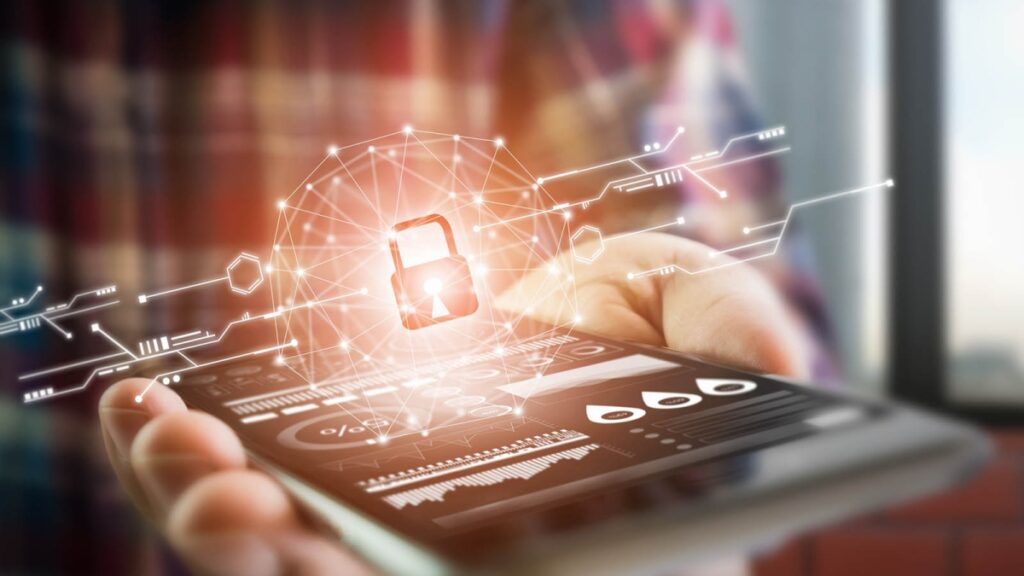You probably know that you need to be careful with how you conduct yourself online these days. You may have heard about doxing, the process by which a hacker gains someone’s personal information and posts it to social media. That can happen to you if you’re not careful.
Someone might also steal your identity if they can determine enough of your personal information. It might take you weeks or months before you realize what happened. By that point, they might have taken out new credit cards in your name or set up fraudulent bank or credit union loans.
There are definitely some viable ways that you can protect yourself from this sort of thing, though, so let’s go over a few of them now.
Check on Your Credit Report at Least Once Per Week
Some individuals take pretty drastic steps to protect their identities, and some companies do the same for their employees. Certain businesses go so far as to implement a zero-trust security model. That’s a rather extreme action. Unless you’re super paranoid about keeping all your data safe, you probably don’t need to do that as a private citizen.
You can check your credit report frequently, though. You can set up a free account via Credit Karma or a similar site. There, you can see how your credit is doing by looking at your score.
You should do this once per week at a minimum. If someone steals your identity and tries to get loans or open credit cards in your name, like we mentioned before, that’s going to cause you to take a credit hit. If you ever see that happen, you’ll know that something is amiss, and you can take investigate.
You Can Remove Your Name from Marketer Hit Lists
If you have had the same email account for quite a while, like a few years, it’s likely that marketers have found you and put you on their lists. They will send you junk mail frequently. You might find that if you check your junk mail list at the day’s end, you’ll have 10-20 offers and scam emails.
You can block all of these one at a time, and you can also report anything that looks like a phishing scam. The fewer spam emails you get, the less likely that you will open an official-looking one by accident.
If you ever do open a scam email by accident, don’t panic. Probably, nothing is going to happen, and you can just throw it away. If you ever open one that has a file attached to it, though, don’t ever download it, as it can contain a virus that can crash your laptop or desktop.
You Can Review Your Credit Card Statements Every Morning
Each morning, you can make a habit of getting up and checking your credit card charges. For each card that you use, go to the website and look at the charges you see.
If you ever see one that you don’t recognize, look into it. It could be that someone has your password, and they’re testing your vigilance with a small purchase. Often, an overseas hacker will do that to see whether you’re paying attention to your charges or not.
If you catch this fraudulent activity early enough, you can cancel the card and have the company send you a new one. Most companies won’t penalize you if this happens. It’s when you stop checking your statement every day that a hacker can take advantage by racking up some significant purchases before you know it.
You Can Safeguard Your Social Security Number
A hacker or some other criminal can often do some damage if they get your full name, physical address, birth date, and a few additional details. That’s why you should always shred all of your physical mail before throwing it away since someone can always go through your trash.
However, if someone gets your social security number, that’s when they can cause even more damage. Many banks or other financial institutions ask you for your social security number as the last and most authoritative way to determine your identity.
You should be as careful as possible about using your social security number online. Only do so if you trust the website and don’t ever input it on any site via an unsecured Wi-Fi connection. Don’t use it on a website if you’re in a Starbucks, for instance, or in a public library.

